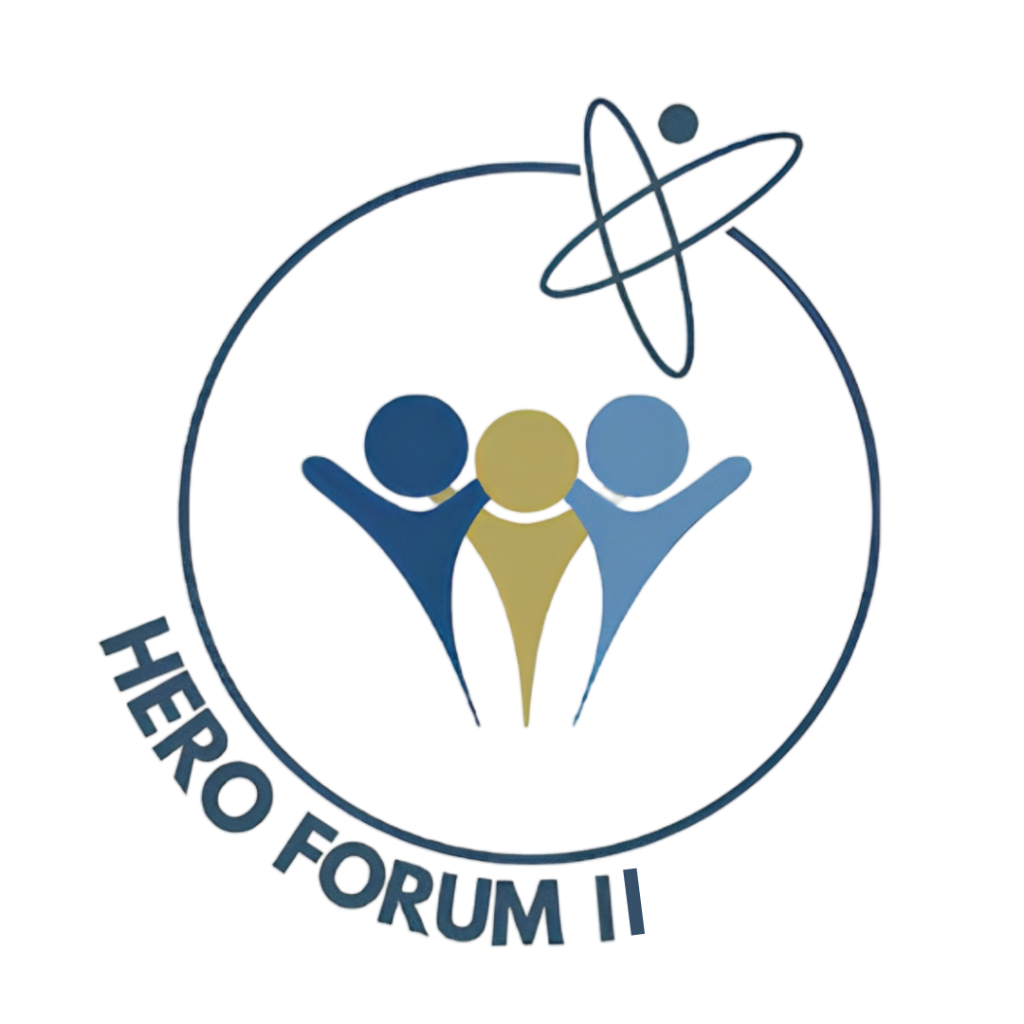
September 17, 2025 | A Virtual Event
From Incivility to Kindness:
The Business Imperative
Every great organization tells a profound story—not only through its mission and contributions to society, but also through the lived experiences of its people.
This isn’t just a feel-good theory. Beyond the systemic pressures of heavy workloads and tight deadlines, we can rewrite each organization’s story, to re-center it on customers, colleagues, partners, and communities. As kindness strengthens these connections, it strengthens the very foundation of business itself. And the research agrees. Workplaces with strong cultures that abound in positive practices such as kindness, compassion, belongingness and psychological safety enjoy serious benefits:
- Revenue growth increases, and can even quadruple (Forbes) 6
- Productivity soars as genuine connection fuels business growth (Oxford) 7
- Innovation flourishes when people feel safe enough to share their wildest ideas (Oxford) 7
- Work performance increases by 56% (Harvard Business Review) 8
Such benefits, of course, are the very same that accrue from other best practices approaches to supporting employee health and well-being. So, as always, we will present this civility theme within the context of each of the other health and well-being best practices that HERO has studied and advocated for over these past decades. We will examine how expectations concerning kindness can be embedded within tenets of leadership support, program development and evaluation, health coaching, engagement and belongingness, policy and environmental supports and more. If you’d like to join other like-minded leaders intent on advancing best practices, then the 2025 HERO Forum II will provide you with the right tools.
This won’t be just another well-being conference. It will be a pivotal moment for organizational leaders who understand that workplace culture is our most powerful competitive advantage. We’re not gathering to simply discuss a problem—we’re going to design solutions that can transform entire organizational ecosystems.
If you believe that the future of work isn’t about extracting value from people but about inspiring them, that workplace culture is our most powerful competitive advantage, and that every interaction is an opportunity to design an environment that unleashes potential and talent, then you won’t want to miss it.
Come join thought leaders in our profession at the 2025 HERO Forum II. Together, we’ll:
- Examine assessment tools and effective listening methods that can uncover the hidden
causes and costs of incivility in your organization; - Learn practical strategies that enable a culture to support profound care;
- Explore evidence-based best practices that have transformed workplaces all around the
country; and - Build a network of allies committed to making work a source of fulfillment, not depletion
Workplace kindness shouldn’t just be wishful thinking, it should be a business imperative that replaces incidents of incivility with intentional cultures where people are proud to stay. And as kindness spreads, it can go beyond transforming workplaces — it can transform lives.
References
- SHRM Civility Index, December 2024
- Workplace Incivility: Insidious, Pervasive, and Harmful, Feb 27, 2024
- Workplace Incivility and Turnover Intention in Organizations: A Meta-Analytic Review, 2022
- U.S. Employee Engagement Sinks to a 10-Year Low
- Uncomfortable (but Necessary) Conversations About Burnout
- Culture Is A Company’s Single Most Powerful Advantage. Here’s Why
- What Role Does Psychological Safety Play in Effective Leadership?
- The Value of Belonging at Work

